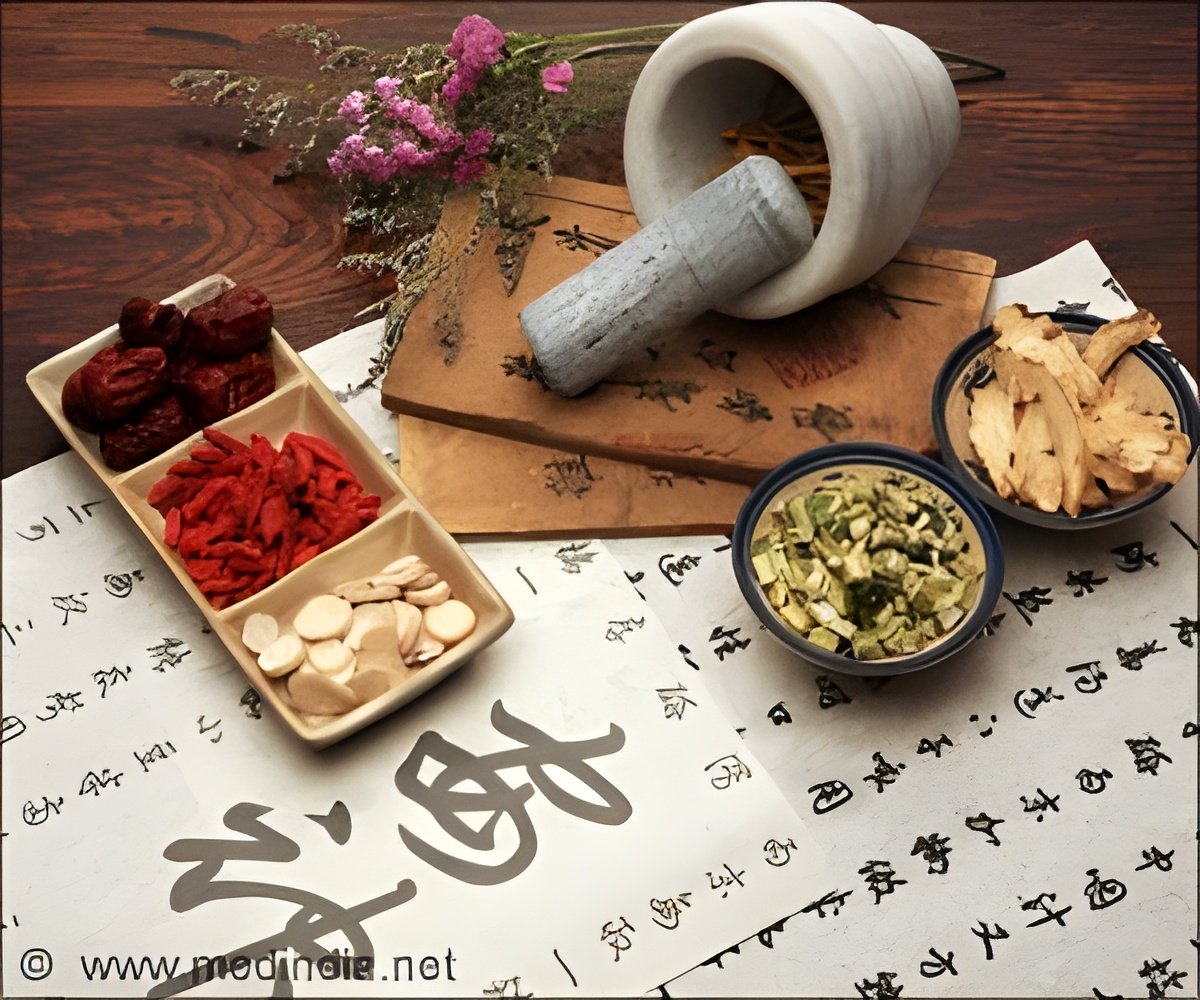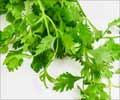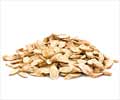Health products composed of Chinese medicines but when they are adulterated with prescription drugs, drug analogues, and banned drugs pose risk to health.

‘Adulteration of Proprietary Chinese medicines and health products with undeclared agents can have serious and even fatal consequences.’





Various reports have documented the adulteration of pCMs and health products with undeclared agents, including prescription drugs, drug analogues, and banned drugs. Such adulation can have serious and even fatal consequences. Adulterated Proprietary Chinese medicines
To examine the problem, Tony Wing Lai Mak, MBChB, MBA, FRCPath, FRCPA, FHKCPath, FHKAM(Path), Chor Kwan Ching, MBChB, MSc, FRCPA, FHKAM (Pathology), and their colleagues at the only tertiary referral clinical toxicology laboratory in Hong Kong retrospectively reviewed cases involving use of pCMs or health products adulterated with undeclared drugs referred to the centre from 2005 to 2015.
The investigators identified 404 cases involving the use of 487 adulterated pCMs or health products with a total of 1,234 adulterants. The adulterants consisted of approved drugs, banned drugs, drug analogues, and animal thyroid tissue.
The six most common categories of adulterants detected were nonsteroidal anti-inflammatory drugs (18%), anorectics (15%), corticosteroids (14%), diuretics and laxatives (11%), oral antidiabetic agents (10%), and erectile dysfunction drugs (6%).
Advertisement
The sources of illicit products included over-the-counter drug stores, the Internet, and Chinese medicine practitioners. Importantly, 65% of patients experienced adverse effects attributable to these illicit products, including 14 severe and two fatal cases. Psychosis, Iatrogenic Cushing syndrome and hypoglycaemia were the three most frequently encountered adverse effects.
"Previous reports of pCM and health product adulteration were mainly routine surveillance data or case reports/series with a small number of affected patients. The present study, to our knowledge, is the largest case series that reports an overview of the use of various adulterated pCMs and health products and the resulting adverse effects."
The findings should serve as a serious warning to consumers and health professionals. "The public should be educated not to consume pCMs and health products from dubious sources, and frontline clinicians should have a high index of suspicion," said Dr. Ching.
Source-Eurekalert












